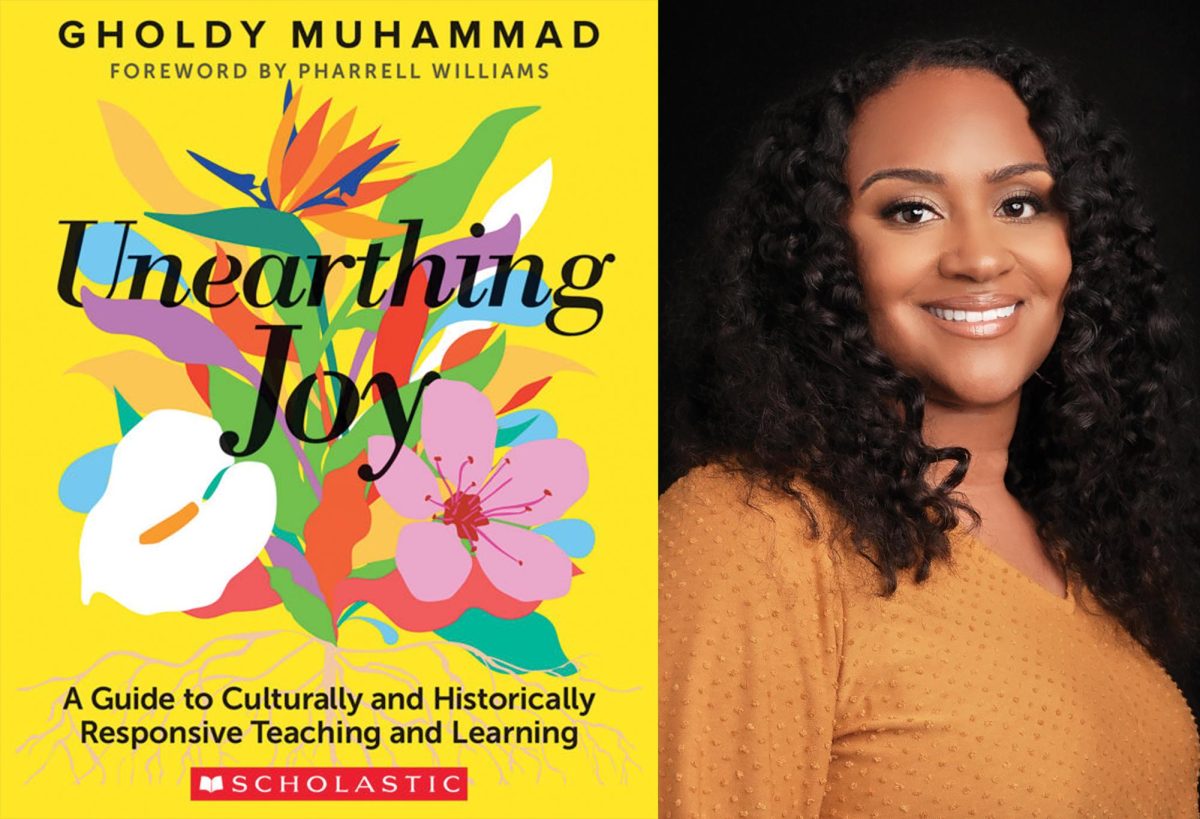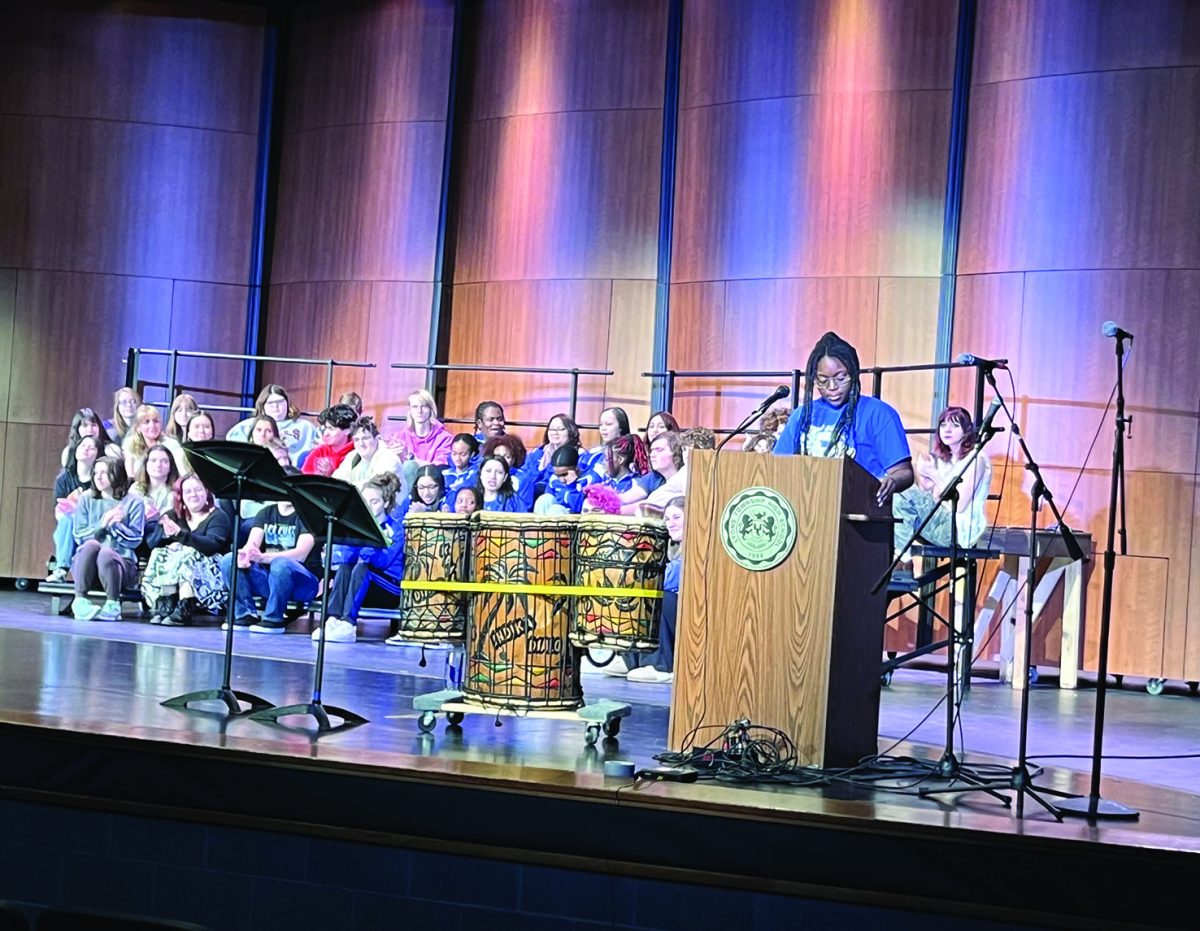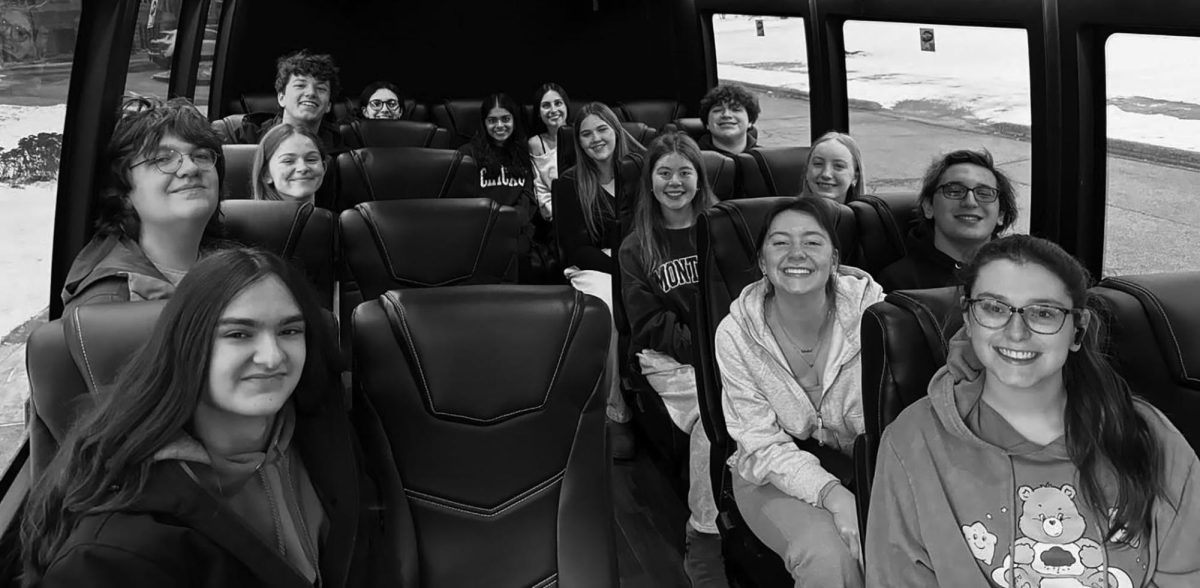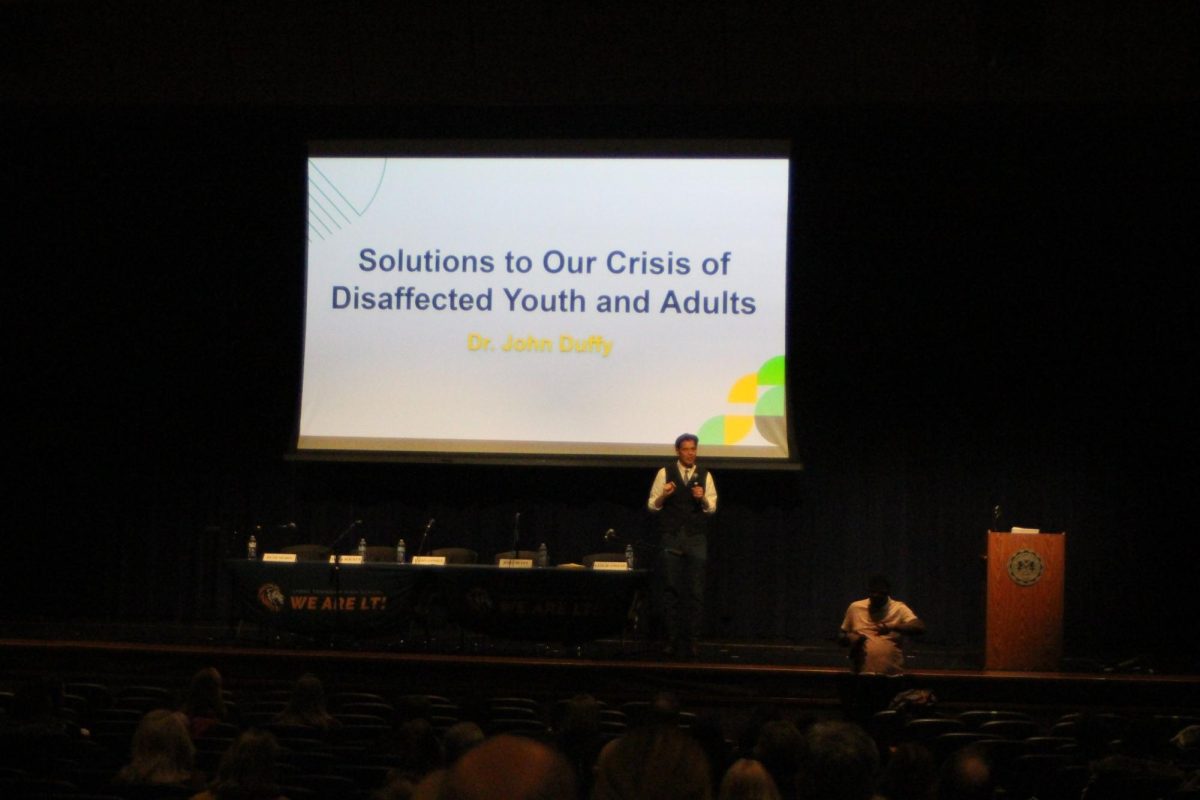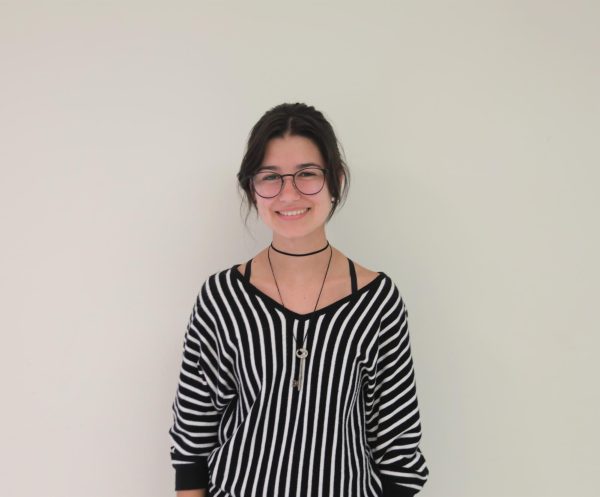The LT community has made strides to become a more culturally diverse environment for all to feel welcomed. Courtesy of Director of Equity and Belonging Jennifer Rowe, a virtual event conducted on Dec. 14 from 7-8 p.m. introduced renowned author Dr. Gholnecsar (Gholdy) Muhammad to students, family, and staff. Her book “Unearthing Joy” became a staple in diversifying the curriculum in recent years and has inspired many teachers to lead inclusive classrooms.
“It’s amazing how we are all learning to learn and be open together,” Rowe said. “When we provide these spaces to talk more, what we do here in school is always enhanced. It allows learning to have a true purpose, and that’s really what Gholdy is talking about.”
Muhammad is a Professor of Curriculum & Instruction at University of Georgia with a focus on literacy, language, and culture. In 2020, her first novel “Cultivating Genius” presents a four-layered equity framework for educators–one that is grounded in rich history and explores culturally responsive literacy practices.
“Her first book really identifies areas or pursuits that we should be focusing on in our instructional practices,” Rowe said. “One of the ones she came up with at the end was looking at joy. In her follow up, she came out with a guide for educators emphasizing the importance of that last pursuit. That is where ‘Unearthing Joy’ stems from.”
Last year, 40 staff members joined Rowe in talking about Muhammad’s research. These teachers specifically have pondered the question of what students find interesting and enjoy learning, she said, whether that be making the conversation fit more than one demographic, or by picking topics that are more well received.
“Given who I am, where and how I grew up, I need to do a better job for those kids,” teacher Ben Lafontaine said. “The more I can do to figure out how to do that in a way that isn’t just wearing a T-shirt or putting up a poster, which are important, but to be substantive and meaningful, [is] better.”
Teachers and staff have implemented Muhammad’s teachings in their classrooms in multiple ways, Lafontaine said. Some history teachers have started celebrating different religions, cultures, and countries by displaying informational posters outside their classrooms dedicated to educating students who walk past. Gradually, more in the department have joined in on the cause.
“It’s so easy to focus on things like wars, and things are terrible, and these people were downtrodden, and those are legitimate things to talk about,” he said. “But the thing that Dr. Muhammed focuses on that was really impactful for me is the overarching idea of joy. Yes, that awful thing happened in history, but there’s always someone who’s pushing back against them. In spite of the fact that folks are oppressed, they find joy in something.”
Inclusion has become a more talked about issue in more recent years compared to previous times, he said. More people are scared to misspeak or misidentify a situation. The more community members open up those tough conversations, the more people can educate, earn respect, and develop empathy towards others.
“Build a bigger table,” Lafontaine said. “It doesn’t cost you anything. Inclusion isn’t pie, there isn’t just a certain amount that can go around. There’s room for everyone, so build a bigger table.”






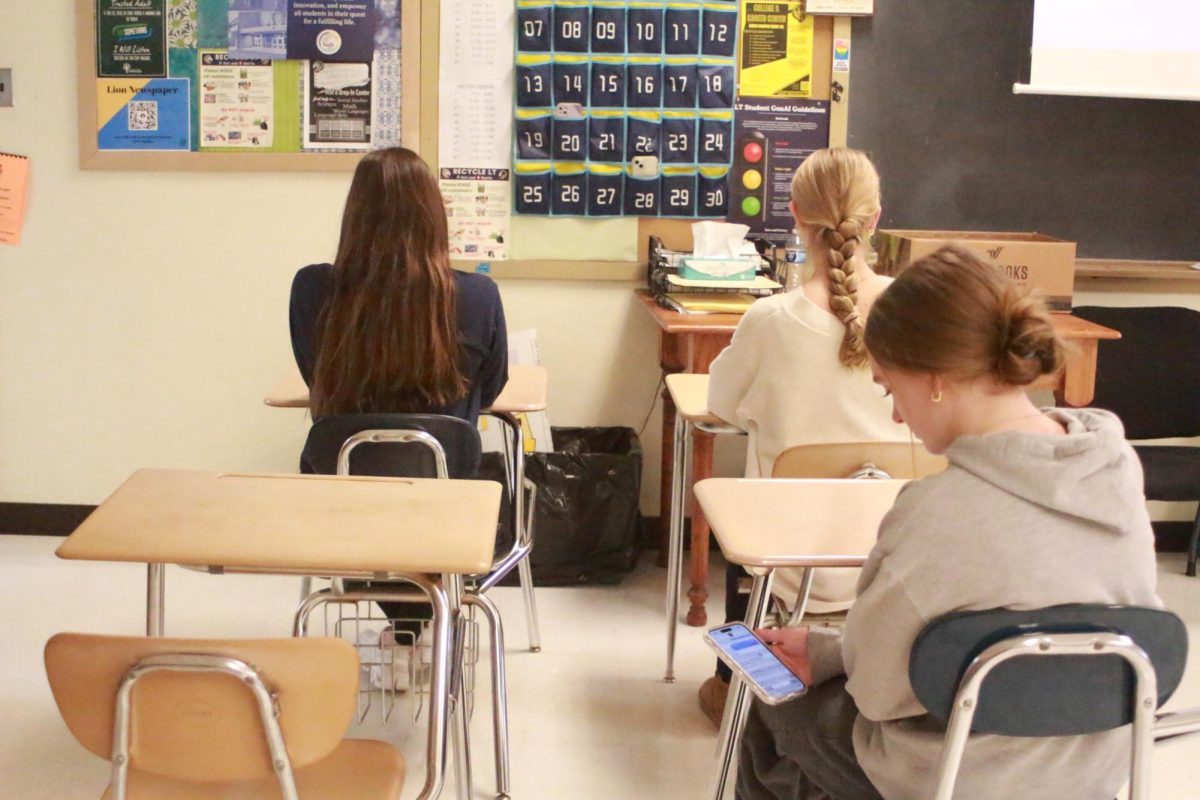
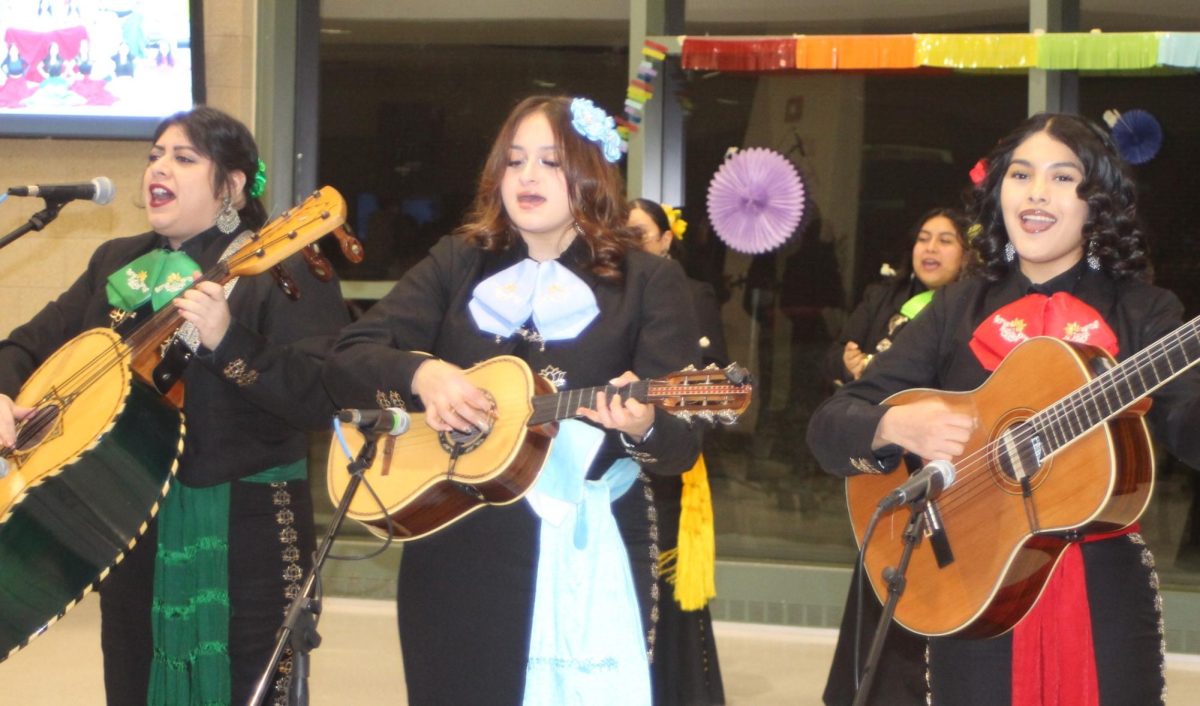

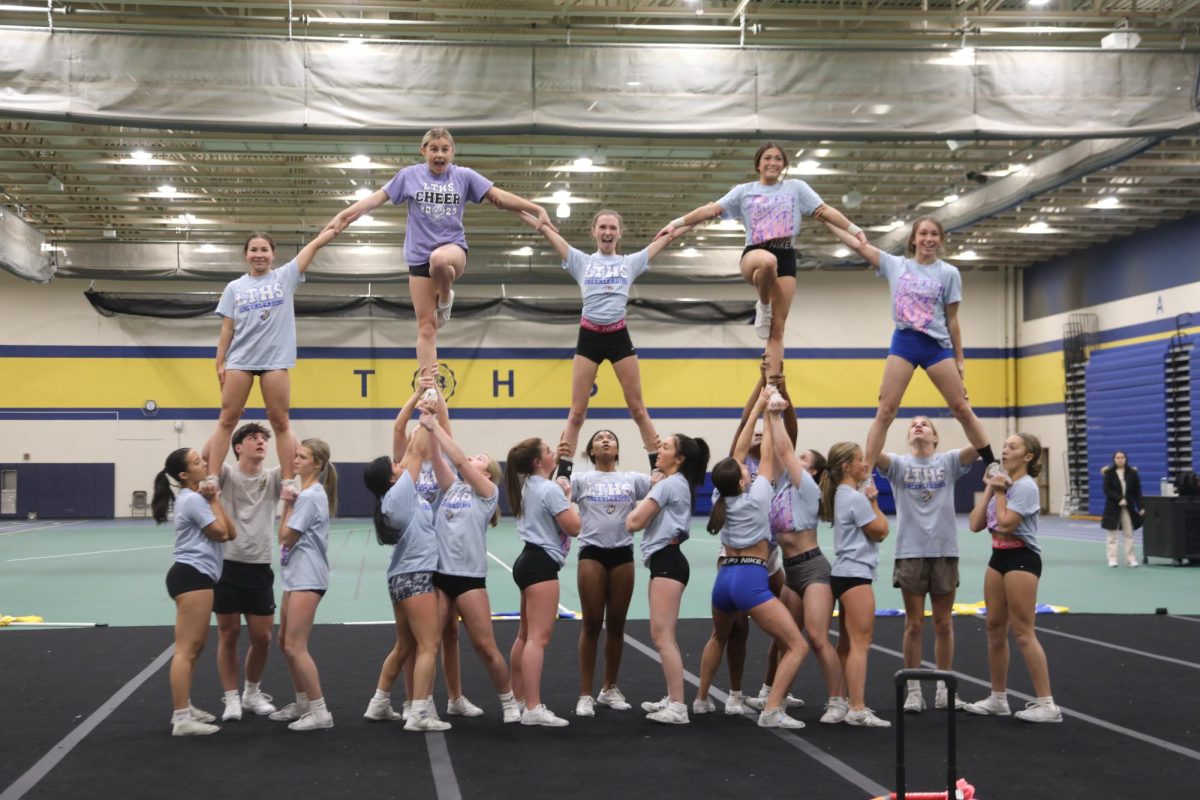
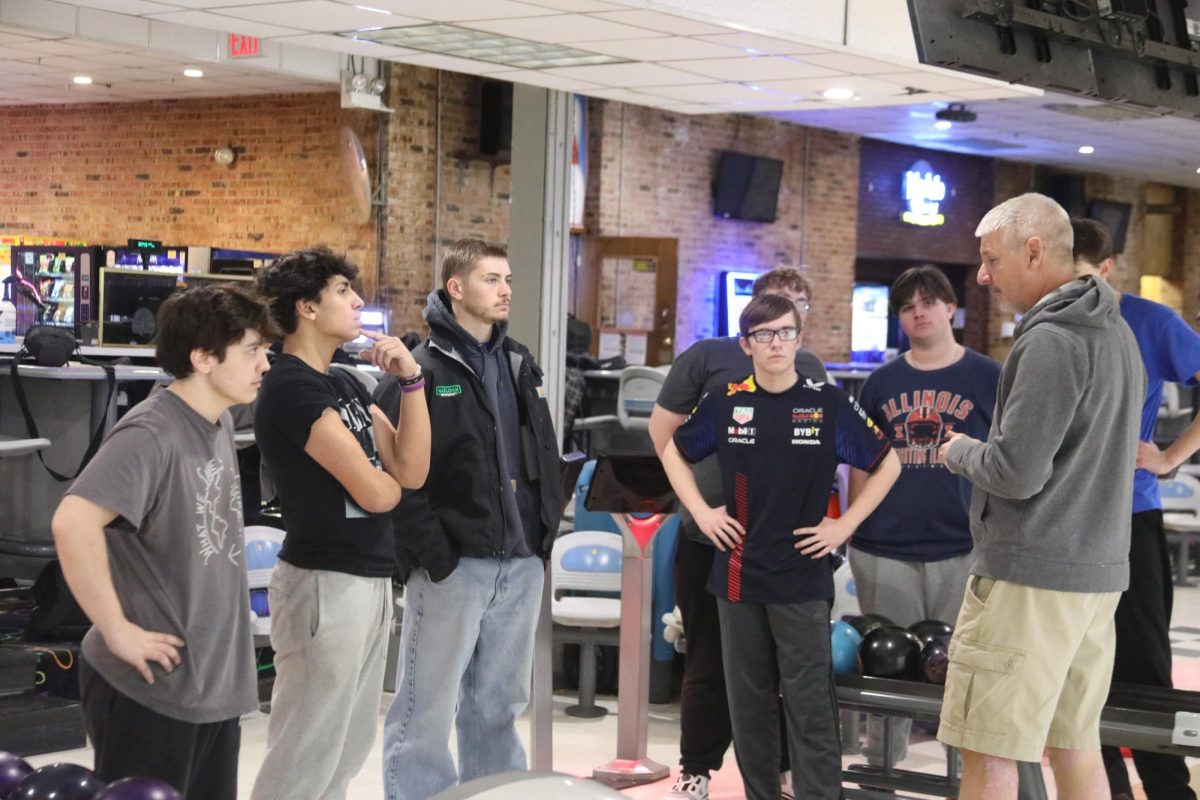






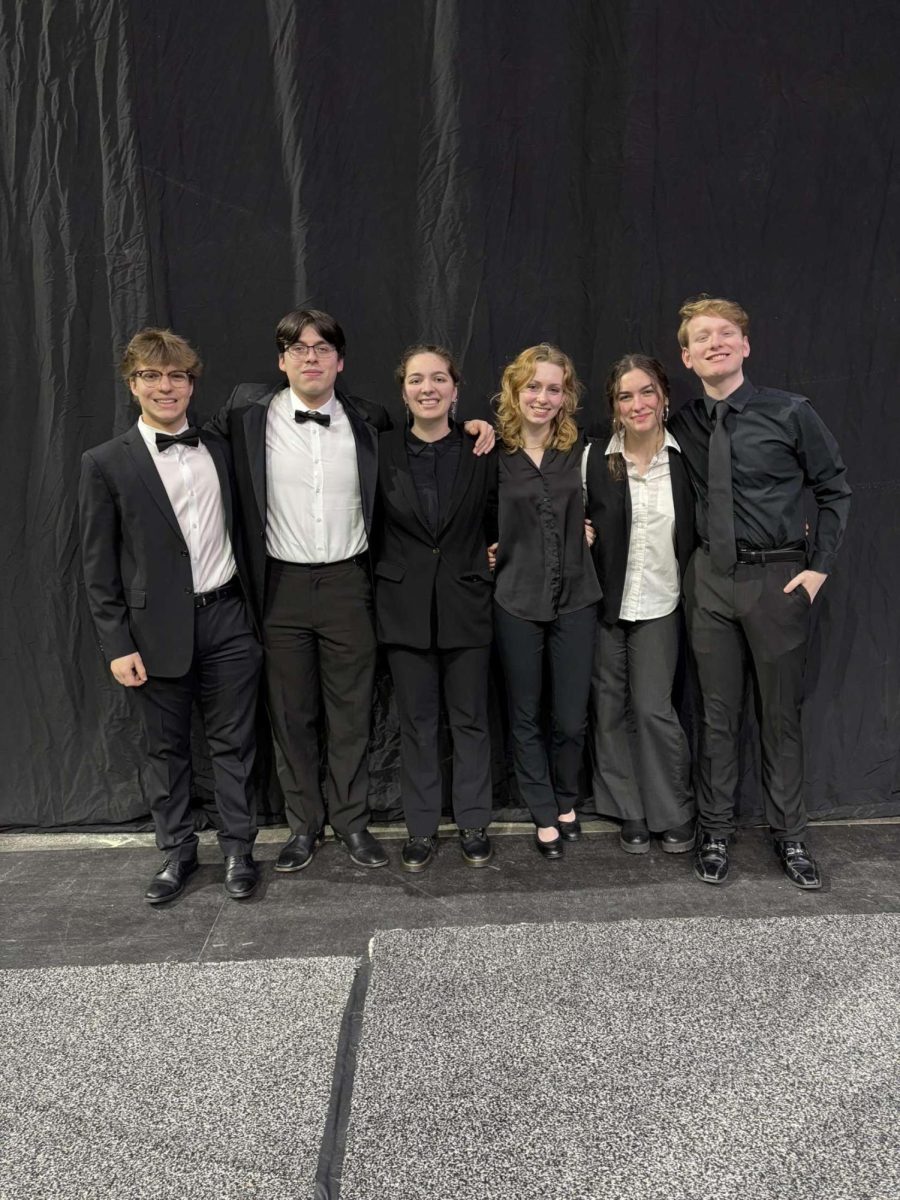
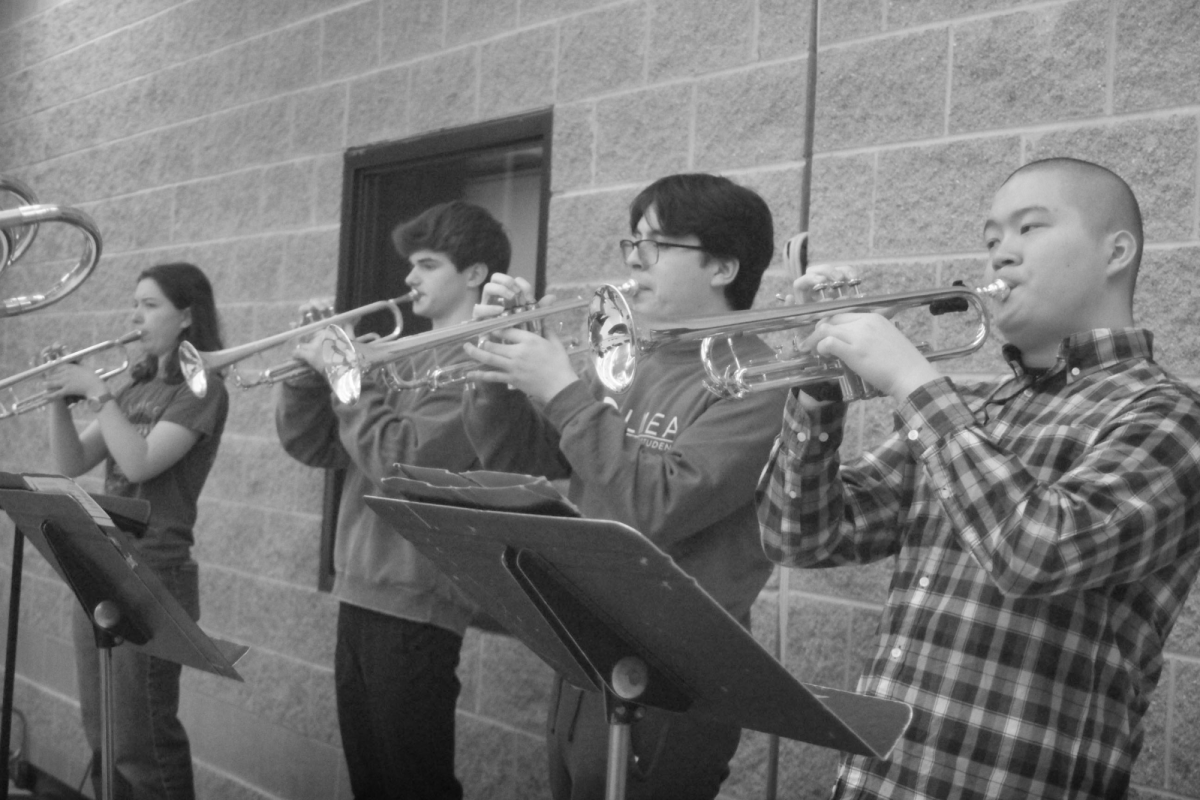


![Movie poster for '[Rec]" (2007).](https://www.lionnewspaper.com/wp-content/uploads/2023/04/rec-640x900.jpg)

